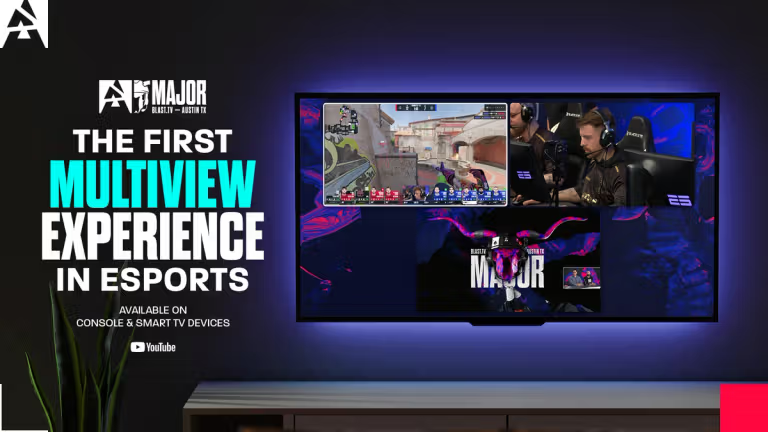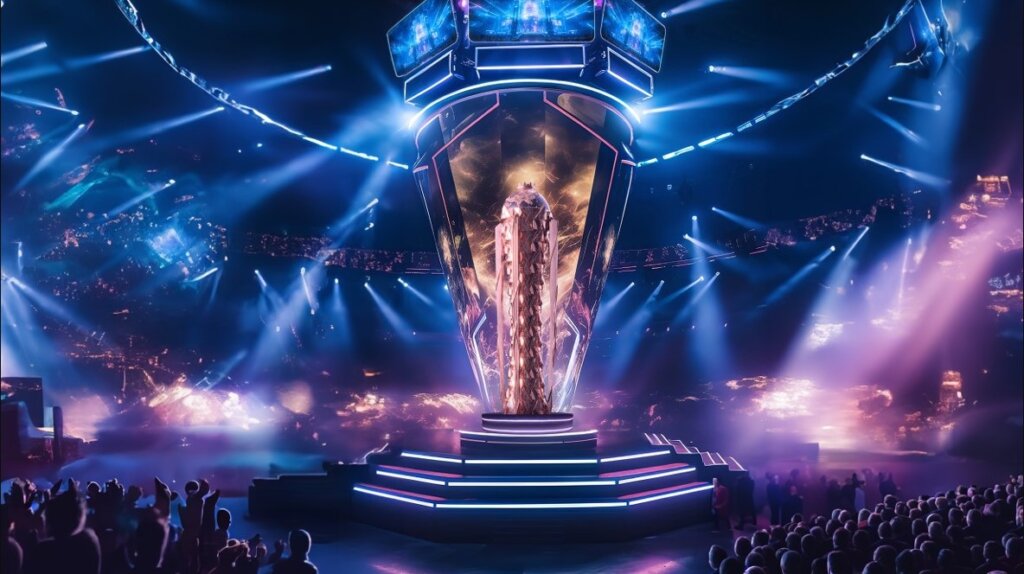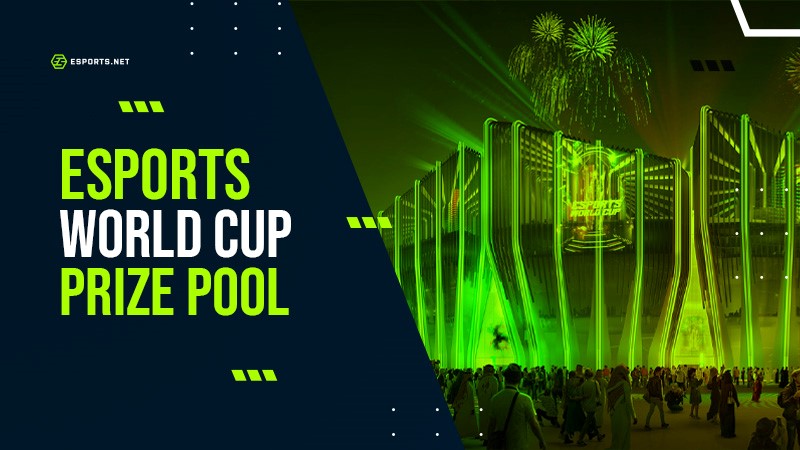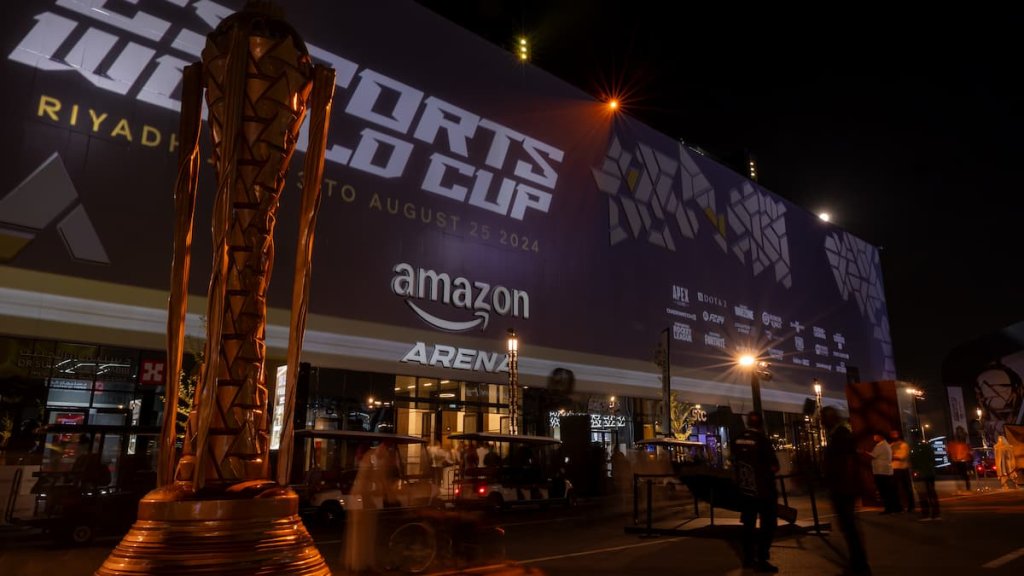
Why casino companies could spearhead the Japanese esports revolution
Whilst the Japanese esports scene has been lagging behind Asian heavyweights like Korea and China, it seems that some enterprising casino companies could be in line to give Japan’s competitive gamers a big boost.
It was recently announced that the Melco casino company were making plans to create a specialist esports area in their proposed casino gaming venture in Japan in the near future. Whilst the brand have plenty of obstacles to overcome before they can go ahead with their vision, it seems that the Japanese government’s deregulation of casino gaming could help esports find a greater foothold in the nation.
Melco have stated that their planned casino resort in Japan will include a specialist esports stadium. It has been suggested that this resort could be established near large Japanese cities such as Osaka or Yokohama, and it shows how esports could become an integral part of gaming culture in the nation. Esports casinos will grow exponentially in the near future
Read Also: CSGO Casino

© Macau EStadium | Melco
Why might Melco launch an esports stadium in Japan?
The casino gaming company, Melco, have already successfully launched their Macau EStadium esports stadium in the Chinese enclave of Macau. This featured a 274-seat arena specially built for hosting esports tournaments and virtual gaming leagues. The unveiling of the esports arena in their Studio City resort in July showed how keen Melco are to appeal to a younger demographic who might shy away from the brand’s traditional casino gaming options like slots, roulette and blackjack.
As the Japanese government makes moves to overturn its famously tight regulation over gambling, it’s evident that Melco are keen to be first amongst the contenders to enter this hugely attractive market. It’s thought that the brand are including an esports stadium in their potential casino resort in Japan in an attempt to appeal to millennials and visiting Chinese tourists.
The Melco brand have already successfully diversified their casino gaming operations to include resorts in places as far-reaching as Manila and Cyprus, but their Japanese plan could be their most ambitious yet. Whilst the planned esports stadium wouldn’t open until 2024 at the earliest, it could clearly play a big part in Japan’s competitive gaming future.
The time is now for esports in Japan
For a nation that has given us legendary games developers such as Nintendo, Sega and Bandai Namco, as well as Sony, it might come as a surprise to find that Japanese’s esports scene has until recently been fairly stagnant. Much of this is thought to be down to the fact that the Japanese government had introduced very strict legislation over anything that could lead to illegal gambling.
But the nation recently shocked the world when they announced plans in early 2018 to deregulate the gambling sphere so that paid esports tournaments could take place. Whilst it looks like it will be a slow and drawn-out process, plans are already afoot to establish a gambling regulator to distribute licenses amongst a select list of candidates. Obviously international casino gaming brands like Melco will be keen to pick up one of these gambling licenses, but there is expected to be fierce competition from many other nations.
It’s thought that there are well over 65 million gamers in Japan and that Japanese people spend £12.5 billion on video games. This makes Japan the third largest market in terms of gaming revenues, and it’s easy to see why this has proved to be hugely interesting to brands such as Melco. In addition to this, there has been the promising moves to standardise the Japanese competitive gaming scene with the Japan Esports Union being established. All of which should help Japan become a new epicentre of competitive gaming entertainment.

© Japan Esports Union
Can Japan catch up with Korea and China?
Whilst the moves to deregulate the Japanese esports scene are certainly commendable, it remains to be seen whether the nation can catch up with the competitive gaming realm in neighbouring Korea and China. It’s a well-known fact that the esports revolution was kick-started in Korea and this nation’s esports teams still regularly win competitions for everything from the League of Legen
ds to Overwatch.
Similarly, China’s esports profile has been growing at a phenomenal rate recently. Thanks to the massive investment from huge media companies like TenCent, it has been reported that Chinese gamers make up 64% of the 390 million esports players in the world.
It’s worth mentioning the fact that Japanese gamers prefer to play different types of games from the standard CSGO and LoL titles that most esports fans are familiar with. But with the Japan Esports Union making moves to include titles like Call of Duty WWII and Street Fighter V, it looks like the Japanese competitive gaming scene is taking big steps to catch up with their neighbouring countries.












